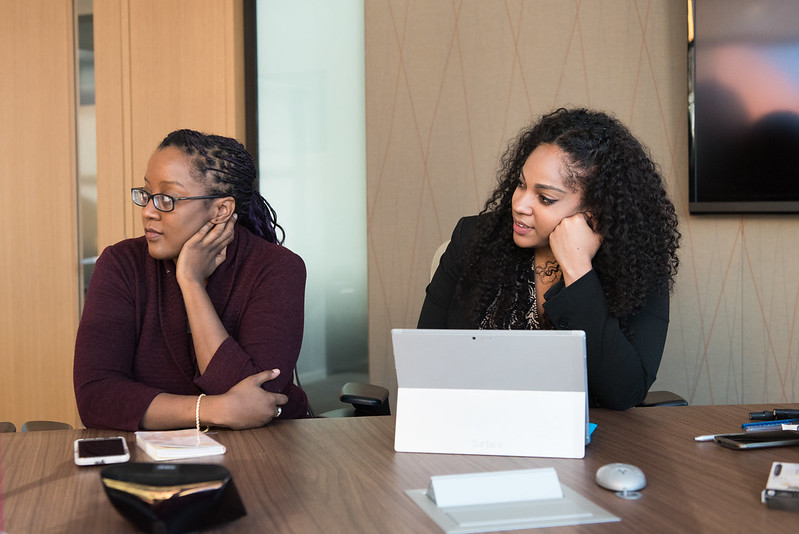Blog
Scribes and minute-takers: the importance of good listening skills

What is a scribe or minute-taker
A scribe or minute-taker is a person who scribes what the people at a meeting are saying while they are saying it. They also scribe interviews, discussions, performance reports or other documents. Most scribes type what people say straight into a computer or laptop then edit that draft to produce whatever documents are needed – transcripts, minutes or reports.
The importance of good auditory (listening and understanding) skills
All scribes and minute-takers need good auditory skills. That doesn’t mean you just have to have sharp hearing. It also means that you need the following.
Listening skills
Anyone with a set of good ears can hear. But that doesn’t mean they can listen.
All scribes and minute-takers need the ability to really ‘listen’ as distinct from merely ‘hear’ what is being said. Listening includes understanding the crux of what they are saying.
Auditory discrimination skills
You need the ability to:
- discriminate between different voices, even though several people may be speaking at once
- scribe the comments of a quietly spoken person saying something when everybody else is speaking more loudly
- scribe the comments of people who may not be close by, and in places where the acoustics make it difficult to hear
- understand and scribe comments spoken in different types of accents, by people with different styles of speaking.
Auditory memory skills
Because you need to scribe what is being said throughout the meeting, you need to be able to type the last thing that was said while simultaneously listening to the next thing that’s being said. Then you need to type the last thing that was said a moment ago while again listening to the next thing being said. That is, your fingers are always playing ‘catch up’ with the discussion.
Being able to type one thing while listening to another is not dissimilar to the requirements of an interpreter. An interpreter needs to articulate what is being said in one language at the same time as listening to the next thing that is being said in another language, so they can interpret that as well – and they need to do this without ceasing, until the discussion being interpreted is finished.
Other important skills needed for scribing or minute-taking
The other skills needed for accurately scribing or minute-taking meetings or other events, are outlined at: The skills you need to be an accurate scribe or minute-taker.
More information about scribing and minute-taking
- How to prepare before minute-taking a meeting
- Why pianists make good scribes and minute-takers
- The pressures of scribing and minute-taking
- How to learn to become an on-site scribe
Copy edited by Dee Sansom, On Time Typing, Editing and Proofreading
Image: Thank you to WOCinTechChat for permission to use this image.
Back To Blog

